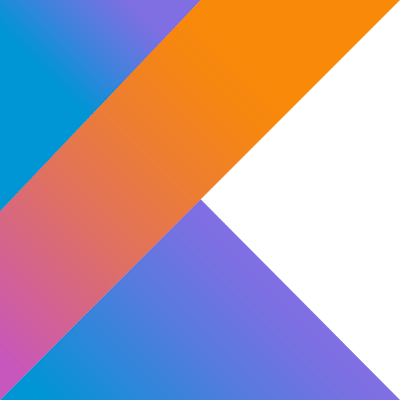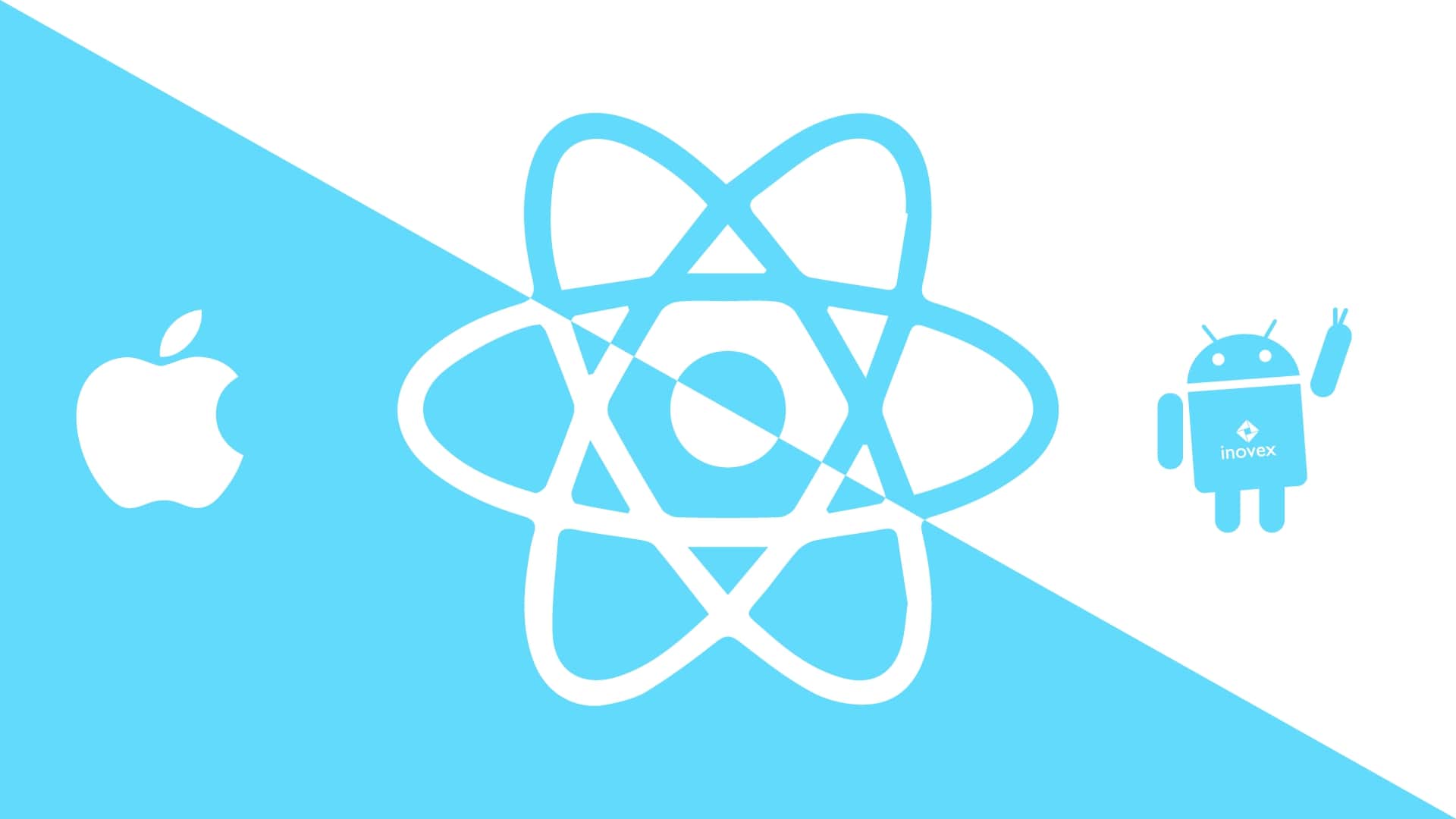These frameworks can help us to solve business problems faster. And it’s not only about writing code, it’s more about efficiency in terms of impact/effort balance.
But with so many Android frameworks available for developers to choose from, how are you supposed to know which deliver best practices relevant to your own area of app development for Android systems?
Don’t worry: we’ve built more than 20 Android apps and compiled our findings into the below post.
One of the outstanding advantages for native development is flexibility, developers are not tightening to limitations of the 3rd part frameworks. That gives us the ability to implement custom designs combined with smooth transitions and beautiful animations. Straightforward access to the device’s hardware like microphones, cameras, etc. is another valuable argument to choose it.
Developers tend to create native apps using mostly Kotlin and Java languages, in specific cases developers could use C++.
Java has been used as the main Android app development language for years. It’s the primary language of Android SDK.
With the Native Development Kit, developers can use C and C++ for building Android apps. Native Development Kit is used in specific cases, as and when it’s deemed necessary. It affords developers a useful resource for programming app elements crucial to performance.
In Android apps, both the visual and functional aspects work in harmony, and RenderScript is a framework enabling developers to achieve top performance when building native apps.
OpenGL ES is a cross-platform graphics API that helps developers to enjoy immense flexibility and cultivate high-end performance. It’s open-source, too, and can be used to render high-quality graphics (2D and 3D).
RenderScript is designed to run computationally intensive tasks, allowing developers to concentrate on algorithm expression instead of work schedule.
When you use this with data-parallel computation, RenderScript comes into its own. But it can be leveraged with serial workloads, too, which is why it’s regularly utilized for apps designed for image processing, computational photography, and similar functions.
Don’t worry: we’ve built more than 20 Android apps and compiled our findings into the below post.
Best Android Frameworks for App Development
One of the outstanding advantages for native development is flexibility, developers are not tightening to limitations of the 3rd part frameworks. That gives us the ability to implement custom designs combined with smooth transitions and beautiful animations. Straightforward access to the device’s hardware like microphones, cameras, etc. is another valuable argument to choose it.
Native Android Development
Developers tend to create native apps using mostly Kotlin and Java languages, in specific cases developers could use C++.
Java and Kotlin
Java has been used as the main Android app development language for years. It’s the primary language of Android SDK.
However, Java is losing its positions during the last few years, It’s all because of Kotlin - a new rising star of the JVM world. This new, modern language is particularly attractive for Android app developers because of its laconic syntax and new language features that allow us to avoid lots of boilerplate, and its interoperability with Java (so you can use as much or as little of it as you like).
Kotlin actually works on the Java Virtual Machine, so its code runs just like Java’s. The compiler generates bytecode: commands that are executed by the Java Virtual Machine.
Kotlin actually works on the Java Virtual Machine, so its code runs just like Java’s. The compiler generates bytecode: commands that are executed by the Java Virtual Machine.
As a result, experienced Java uses started taking advantage of Kotlin when it first hit the market. A curated list of learning resources is available to help you dive in.
To sum up
Kotlin’s range of language features reduces the risk of making common mistakes when programming. It cultivates quicker development and ultimately boosts developer productivity.
To sum up
Kotlin’s range of language features reduces the risk of making common mistakes when programming. It cultivates quicker development and ultimately boosts developer productivity.
Native Development Kit: NDK
With the Native Development Kit, developers can use C and C++ for building Android apps. Native Development Kit is used in specific cases, as and when it’s deemed necessary. It affords developers a useful resource for programming app elements crucial to performance.
NDK can be difficult for beginners, as it demands additional knowledge of C or C++ and Java Native Interface. But it’s one of the tools that may help to optimize an app’s performance, and it allows developers to use native libraries written on C or C++.
Android Graphics Frameworks
In Android apps, both the visual and functional aspects work in harmony, and RenderScript is a framework enabling developers to achieve top performance when building native apps.
OpenGL ES
OpenGL ES is a cross-platform graphics API that helps developers to enjoy immense flexibility and cultivate high-end performance. It’s open-source, too, and can be used to render high-quality graphics (2D and 3D).
RenderScript
RenderScript is designed to run computationally intensive tasks, allowing developers to concentrate on algorithm expression instead of work schedule.
When you use this with data-parallel computation, RenderScript comes into its own. But it can be leveraged with serial workloads, too, which is why it’s regularly utilized for apps designed for image processing, computational photography, and similar functions.
Hybrid and Cross-platform Frameworks
The Best Hybrid and Cross-platform Android Frameworks.
React Native
This is a hugely popular framework, favoured by developers hard at work on hybrid/cross-platform apps. It blends the strongest elements of native app development with React, which is a “best-in-class” JavaScript library implemented in constructing quality user interfaces.
Developers can expect considerable flexibility with React Native: you have the option to use it in your current projects for Android or start building an entirely new app from scratch. Developers can use Java or Kotlin and ReactNative code together, to create a hybrid application.
This means React Native can be brought in to enhance an existing product to satisfy business needs and solve problems.
React primitives are designed to render to a platform’s native user interface so that apps use the same APIs as other applications. Developers can work on platform-specific components for sharing one codebase across different platforms, allowing teams to oversee two platforms with one technology only.
It lacks a stable version, sadly, and while the current 0.62 version runs well enough, developers could encounter issues when running code that has been created in different versions. We can sometimes find breaking changes from one version to another, which may require additional time to deal with that
This means React Native can be brought in to enhance an existing product to satisfy business needs and solve problems.
React primitives are designed to render to a platform’s native user interface so that apps use the same APIs as other applications. Developers can work on platform-specific components for sharing one codebase across different platforms, allowing teams to oversee two platforms with one technology only.
It lacks a stable version, sadly, and while the current 0.62 version runs well enough, developers could encounter issues when running code that has been created in different versions. We can sometimes find breaking changes from one version to another, which may require additional time to deal with that
Flutter
As one of the more recent members of Google’s expansive family, Flutter is a Google-made SDK for multiple platforms. It’s written using Dart and works to streamline the development of cross-platform applications. You can use it to create cutting-edge content for desktop, web, or mobile users.
Using Flutter developers can create just one codebase and still can get apps across several platforms, even though there’s still no stable version of Flutter available. Its community of developers (working on hybrid apps) considers Flutter the strongest framework for its development.
There’s an extensive set of widgets, customizable, for building interfaces quickly. The layered architecture enables you to enjoy flexibility while contributing to fast rendering.
There’s an extensive set of widgets, customizable, for building interfaces quickly. The layered architecture enables you to enjoy flexibility while contributing to fast rendering.
Read Also: Boost Android App Development with Flutter - 5 Reasons
Flutter offers users access to in-depth testing options and functionalities, supporting tests for UI, functionality, and more. One of its strongest features is the Hot-Reload function, which enables developers to run tests on any changes made and see them as soon as you save.
This can be performed in real-time with no requirement to reset applications — helping to improve productivity and reduce delays that may result from repetitive testing. There’s no need to wait while native builds finish, so you can iterate faster than you may be used to.
Flutter offers users access to in-depth testing options and functionalities, supporting tests for UI, functionality, and more. One of its strongest features is the Hot-Reload function, which enables developers to run tests on any changes made and see them as soon as you save.
This can be performed in real-time with no requirement to reset applications — helping to improve productivity and reduce delays that may result from repetitive testing. There’s no need to wait while native builds finish, so you can iterate faster than you may be used to.
Final Thoughts
We hope this exploration of the best frameworks for developing Android apps helps you deliver the results you know you’re capable of.
All projects come with their own unique goals and specifications, which can make choosing one framework over another difficult. And let’s not forget: developers have their own working methods and preferences too.
But use the information above to make finding the right framework for your project easier than ever.




















Great share! Thank you.
ReplyDeleteKnowing the best libraries and frameworks available out there can help you improve the quality of your app and produce more in less time. I have found a list of free and paid Android frameworks. I think you should have a look https://orangesoft.co/blog/best-frameworks-and-libraries-for-android-app-development